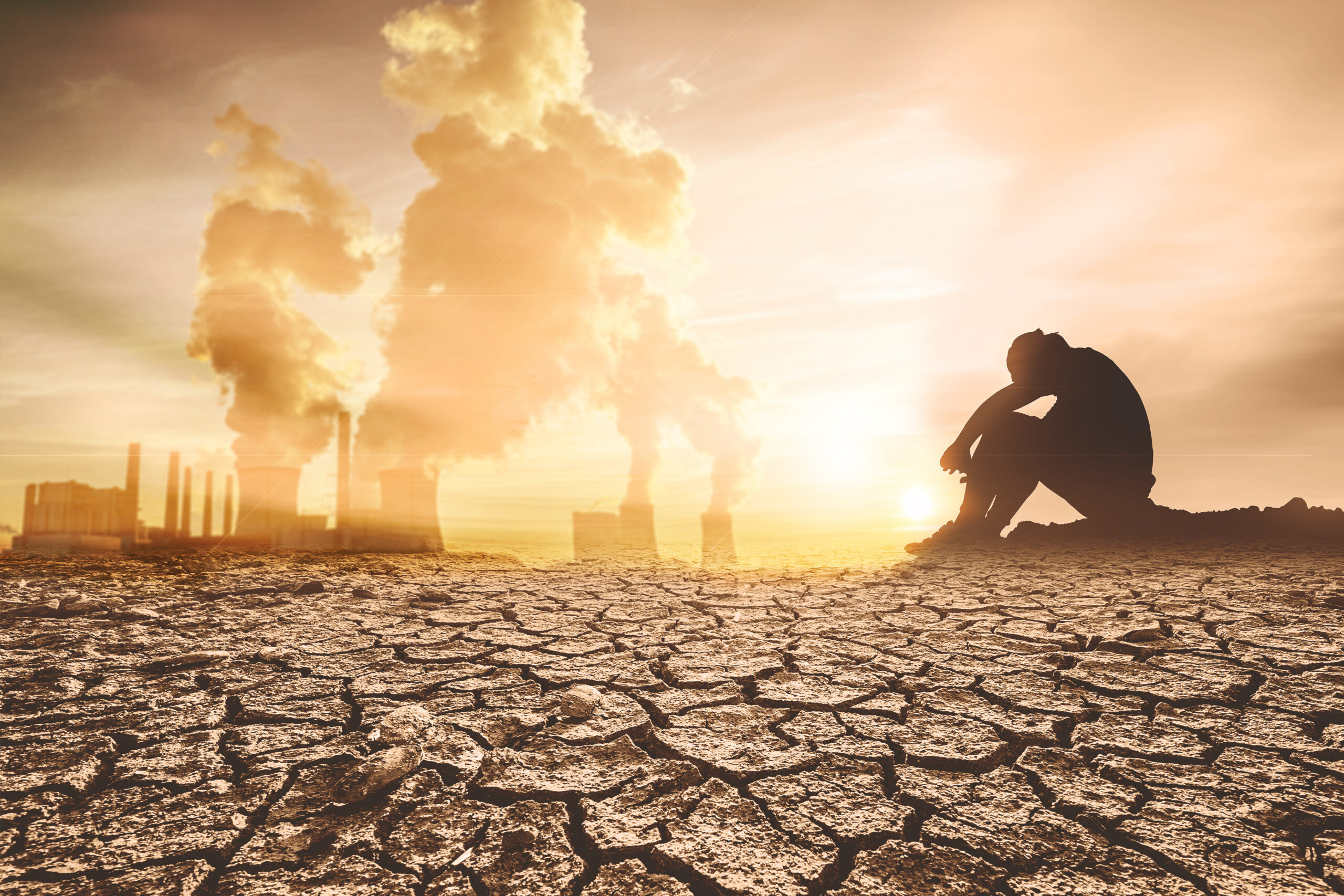In recent years, a new and dangerous cycle has taken hold in Nigeria, one where a worsening climate crisis is directly fueling the nation’s long-standing energy problems. As record-breaking heatwaves sweep across the country, a surge in demand for electricity for cooling systems is pushing the already fragile national grid to its breaking point, leading to frequent collapses and widespread blackouts. This vicious loop is leaving millions of Nigerians in a state of sweltering discomfort and is exposing deep vulnerabilities in the country’s infrastructure and public health.
The data is sobering. In 2024 and 2025, temperatures have soared to punishing highs, with some regions experiencing heat that feels less like weather and more like punishment. The Nigerian Meteorological Agency (NiMet) has issued multiple warnings, noting that the combination of high temperatures and humidity makes conditions even more unbearable. During a particularly severe heatwave, the national grid collapsed for a second time, plunging the entire country into darkness. This collapse was directly linked to the increased strain on the grid as households and businesses attempted to power fans and air conditioners. The irony is not lost on Nigerians; the very tool needed to combat the heat is unavailable precisely when it is needed most.
The consequences of this climate-fueled energy crisis are immediate and dire. For the average Nigerian, the lack of power means living in homes without ventilation, enduring restless nights in oppressive heat, and watching perishable food spoil. Many who can afford it turn to diesel or petrol generators, but this solution is increasingly out of reach due to skyrocketing fuel prices. For those with no alternative, the situation is a significant health risk. Hospitals have reported an uptick in cases of heat-related illnesses, including heat exhaustion, dehydration, and even heat stroke. Vulnerable populations, such as infants, the elderly, and those with pre-existing conditions, are at the highest risk. As one health practitioner noted, “Nigeria is too hot not to have an efficient power supply. How do you expect humans to cope in this heat wave without power?”
Beyond the immediate human suffering, the combination of heatwaves and power shortages is having a crippling effect on the economy. Small businesses that rely on electricity to operate, from tailors to barbers, are forced to halt operations during blackouts, leading to significant financial losses. The productivity of outdoor laborers is also severely impacted, as working in the scorching heat poses a serious health threat. While the government has called for investment in the energy sector and a transition to renewable sources, the country remains ill-prepared for climate disruptions, ranking low in global adaptation indices.
Ultimately, this dual crisis reveals a painful reality: climate change is not a distant threat but a present danger that is compounding existing problems. The extreme weather is not just a meteorological event; it is a catalyst that is exposing the systemic failures of a nation’s infrastructure. While Nigerians are known for their resilience, the relentless cycle of heat and darkness is testing their limits and underscores the urgent need for comprehensive solutions that address both climate change and the energy crisis simultaneously.





